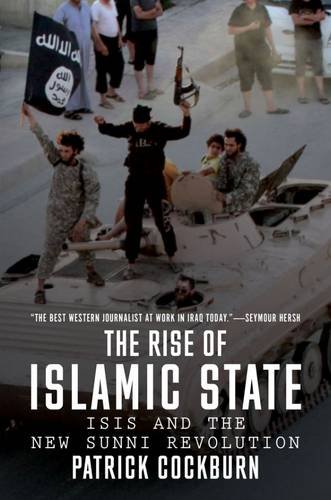◄►◄❌►▲ ▼▲▼ • B下一个新评论下一个新回复了解更多
的黎波里。
Yassin Bahr, a tall thin Senegalese in torn blue jeans, volubly denies that he was ever a mercenary or fought for Muammar Gaddafi.
Speaking in quick nervous sentences, Mr Bahr tries to convince a suspicious local militia leader in charge of the police station in the Faraj district of Tripoli, that he is a building worker who has been arrested simply because of his color. “I liked Gaddafi, but I never fought for him,” Mr Bahr says, adding that he had worked in Libya for three years laying tiles.
But the Libyan rebels are hostile to black Africans in general. One of the militiamen, who have been in control of the police station since the police fled, said simply: “Libyan people don’t like people with dark skins, though some of them may be innocent.”
Going by Mr Bahr’s experience, any black African in Libya is open to summary arrest unless he can prove that he was not a member of Colonel Gaddafi’s forces.
Fathi, a building contractor who did not want to give his full name and was temporarily running the police station, wanted to know why Mr Bahr had a special residence permit that an immigrant worker would not normally obtain. “You must have been fighting for Gaddafi to have a permit like this,” he said. Mr Bahr said that three years earlier he had walked through the Sahara and crossed the Libyan border illegally with other West Africans looking for work. They had been picked up by the Libyan police, but he had eventually bribed them to get a residence permit. He had been watching television with nine other African immigrants when they were arrested, though no arms were found in the house.
Racism against black Africans and Libyans with dark skin has long simmered in Libya. Before the war there were estimated to be a million illegal immigrants in the country, which has a population of six million and a workforce of 1.7 million.
In 2000 there were anti-immigrant riots in which dozens of workers from countries like Ghana, Cameroon, Niger, Chad, Nigeria and Burkina Faso were killed. The war has deepened racial hostility. The rebels claim that many of Colonel Gaddafi’s soldiers were black African mercenaries. Amnesty International says these allegations are largely unproven and, from the beginning of the conflict, many of those arrested or, in some cases, executed by the rebels were undocumented laborers caught in the wrong place at the wrong time.
But there is no doubt that all black Africans are now under suspicion. The head of the militia in Faraj, a short bearded man in a brown robe named Issam, explained how well-prepared local insurgents had taken over the area on August 19, telling Colonel Gaddafi’s supporters to hand over their weapons and stay at home. There was almost no resistance from the demoralised regime and few people had been arrested. Then Issam added, as an aside, that his men had also detained “tens of Africans whom we sent off to prison”. He did not explain why they had been jailed.
Black African immigrants in the past benefited from Gaddafi’s aspiration to be a pan-African leader. The position of illegal immigrants was always uncertain, but they were essential to the economy. With the fall of Gaddafi, those who have not already fled face persecution or even murder. Last weekend 30 bodies of mostly black men, several of them handcuffed and others already wounded, were found after an apparent mass execution at a roundabout near Gaddafi’s Bab al-Aziziya headquarters.
Issam, the temporary chief of police, insisted that Mr Bahr had not been mistreated and was being fed well. Any interview with a prisoner must come with a warning, since he or she are unlikely to speak freely about their treatment while still under arrest. Mr Bahr confirmed that he was being well treated, but he did look very frightened.
帕特里克·科本 作者 穆克塔达.

 RSS
RSS








